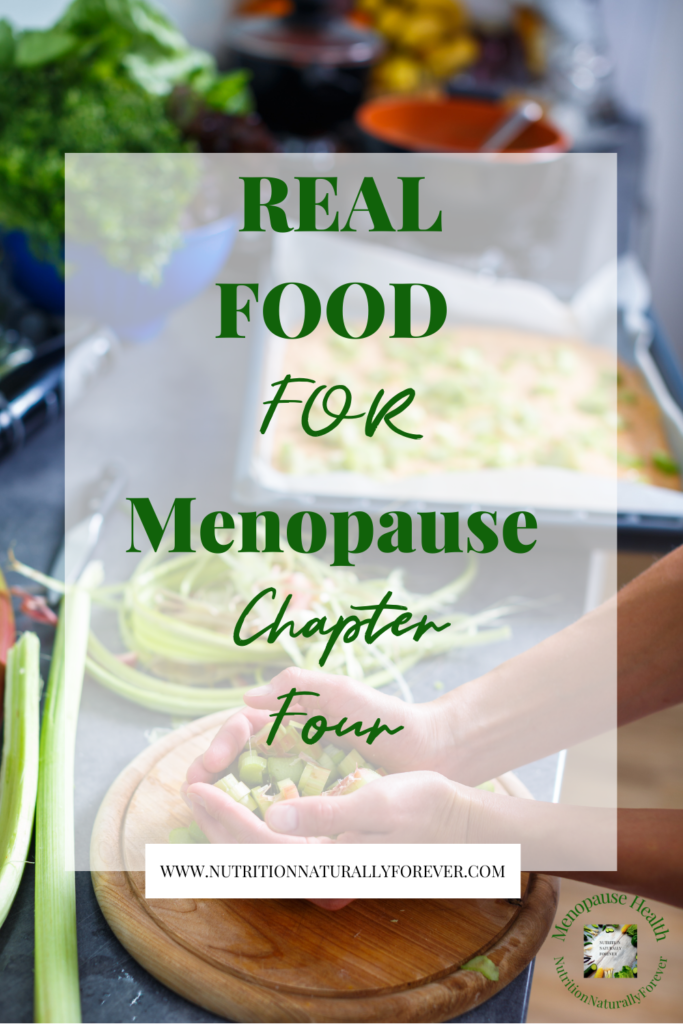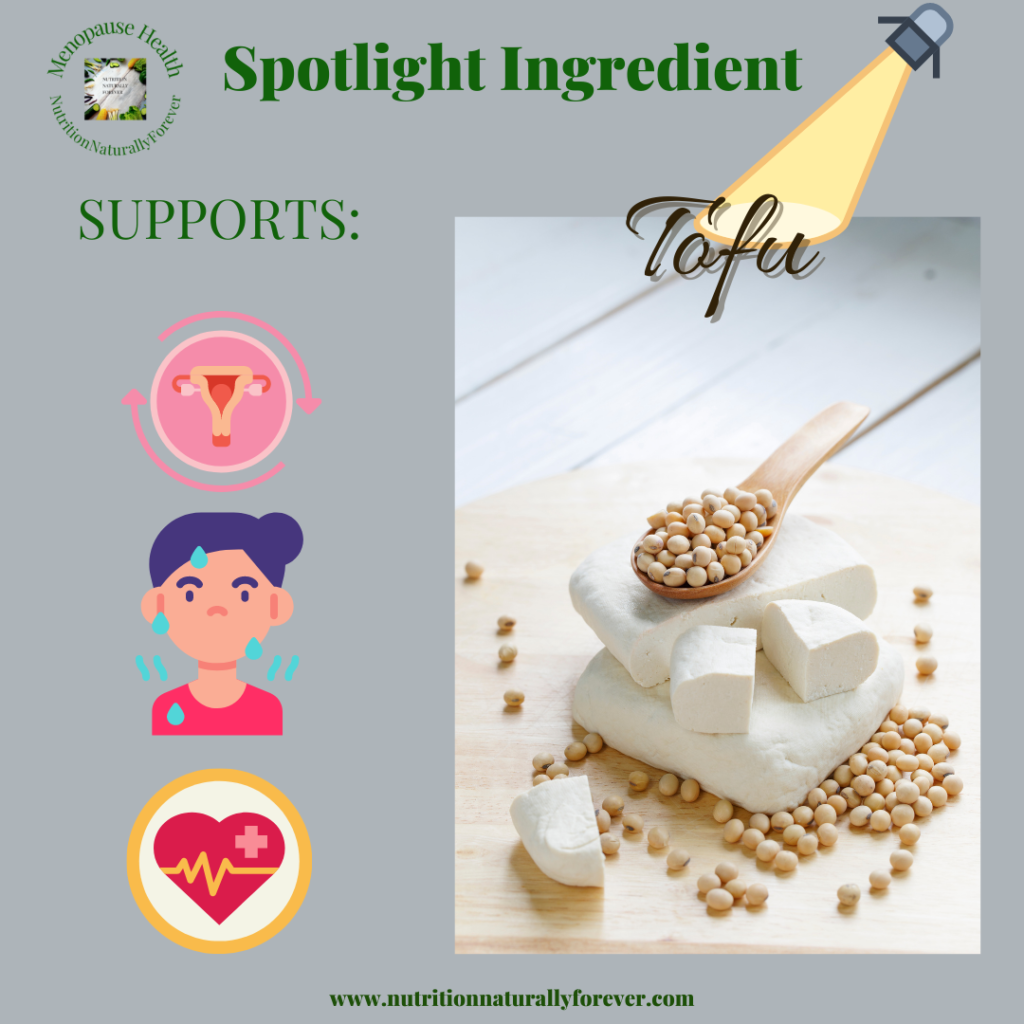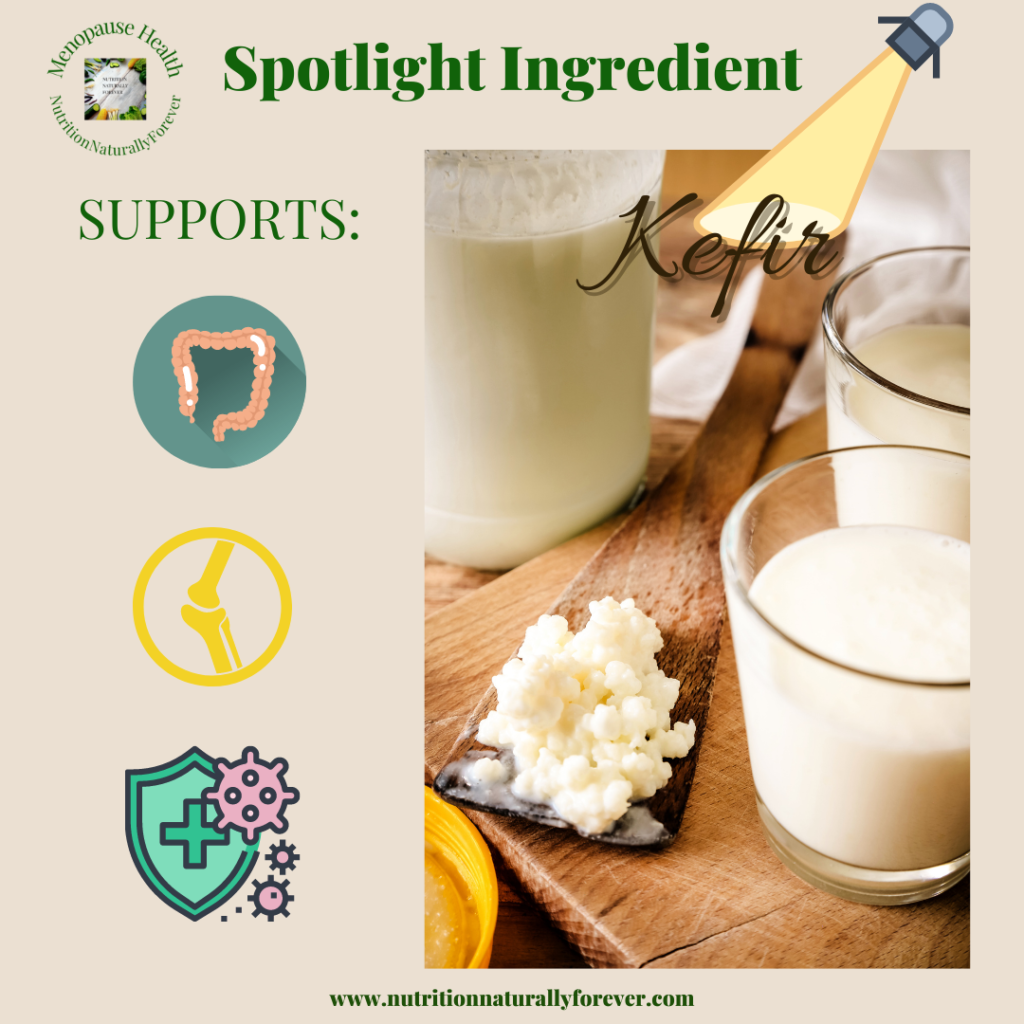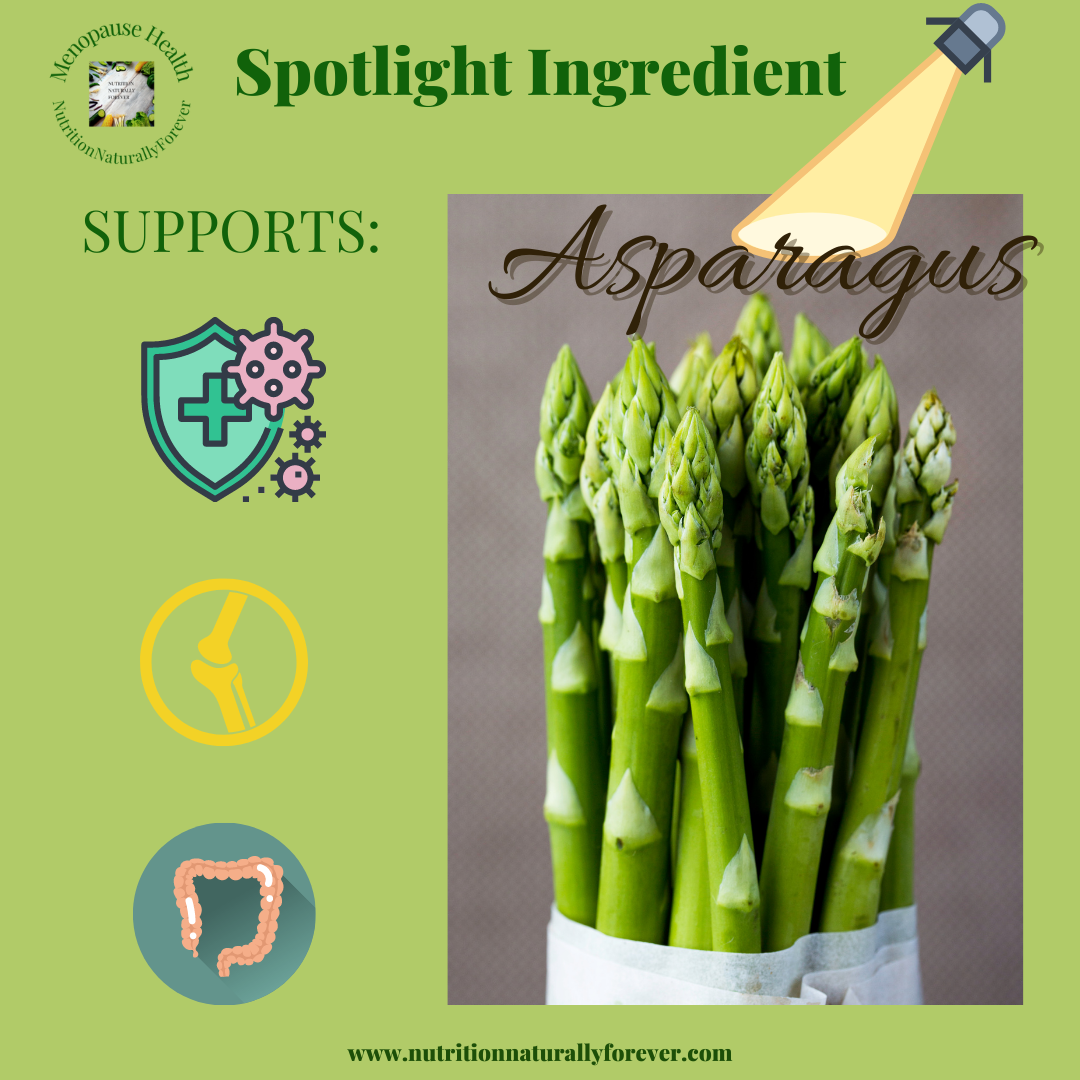
Real food for menopause – 4
If you grow your own produce or try to eat local seasonal fresh produce April and May are known as the ‘hungry gap’, this is due to winter stocks being depleted and new produce not quite ready to harvest.
We obviously still have an abundance of produce available via the supermarkets, you may also like to try a local box delivery scheme.
Companies such as Abel & Co who, as well as supporting local farmers, source produce from abroad in a sustainable way to ensure variety, especially at this time of year.
On to this month’s food for optimal menopause health and well-being;
Mango
😤I spend half my life picking stuff up, picking up after others, no matter how much I encourage them to do it for themselves, can you
Sometimes it doesn’t bother me but other times it irritates me or I rage🤬!
Mood swings are a common part of menopausal life due to fluctuating hormones.
We aren’t going to eradicate them but we can do what we can to minimise them, here’s where mangoes come in handy;
🥭Mangoes contain vitamin B6 which supports our body to produce serotonin, one of our happy hormones, they are also packed with;
🥭Protein, needed for hormone and neurotransmitter production – 1.6g per cup.
🥭Fibre – they are a great pre-biotic, improve digestion and satiety along with regulating blood sugar – 2.6g per cup
🥭Vitamins C, A and K support immune health along with skin and hair vitality.
Mangoes also provide a natural sunblock, supporting our skin to better filter UV rays (from the inside, not to slather on your skin 😉)
I like to buy frozen mango to add to smoothies and make salsas or desserts.

Tofu
If you are struggling with menopause symptoms of low estrogen you may be asking the question…
Can you increase estrogen through food?
Yes and No!
What we do have all over our body are estrogen receptors.
Foods containing phytoestrogens, such as Tofu, can activate the estrogen receptors in our bodies.
Tofu is also high in protein and contains all the amino acids that the body needs.
It provides fats and carbs along with many vitamins and minerals.
Soy foods such as Tofu are renowned for their cholesterol-lowering effects and therefore may support heart health. Experts believe this is due to their fibre, protein and isoflavone content.
Other potential benefits are stronger bones, improved brain function, antidepressant effects and overall improvement of menopause symptoms.
Tofu is available in a variety of shapes, consistency and forms so have a try!

Kefir
Do you find your tummy swelling during the day as you become more bloated?
Bloating is an uncomfortable symptom of menopause.
One way we can tackle this is by focusing on gut health.
Our gut is our second brain and helps regulate hormone levels, mood and weight.
Research suggests that menopause can have a negative effect on our gut microbiome affecting our immune health and digestion causing constipation and bloating.
Ensuring we are consistently populating our gut with friendly bacteria through eating foods such as Kefir can help improve these symptoms.
Kefir is a fermented cultured milk similar to yoghurt but with a thinner consistency. It is a well-balanced food on its own and contains vitamins A,D K and B along with minerals such as calcium.
Other benefits of Kefir are that its anti-inflammatory, supports the immune system and the preservation of our bone mass.

Asparagus
Why does my pee smell like asparagus?
Have you ever asked this question? Does it put you off eating it?
Not everyone has pee that smells like asparagus after eating it but if you do it is just how your body processes the sulphury acid which breaks down at digestion.
Containing fibre, protein and tons of micronutrients such as A, C, E, K, and B6, folate, iron, potassium, copper, and calcium, it’s a rich source of antioxidants.
All of these nutrients mean that this vegetable supports the immune system, and bone health, brightens your mood and supports your gut health by reducing gas.
Asparagus is a natural diuretic, meaning it can help flush excess fluid and salt from your body. It is also used in traditional medicine to treat uti’s which can be another symptom of menopause. It is thought that asparagus supports the body in going to the toilet more often which helps eliminate bacteria.
If there was an award for food to support menopause, asparagus would definitely be in the running!

Real Food Recipes
Download the Spring Collection of seasonal recipes HERE.
Think you can’t afford nutritional therapy support?
I have 3 ways you can work with me from a monthly group membership to a 10-week program accountability and support program.
To find out more follow this link.
Alternatively, subscribe to receive my weekly emails and blog posts or join my private Facebook group, I can’t wait to connect 💚
